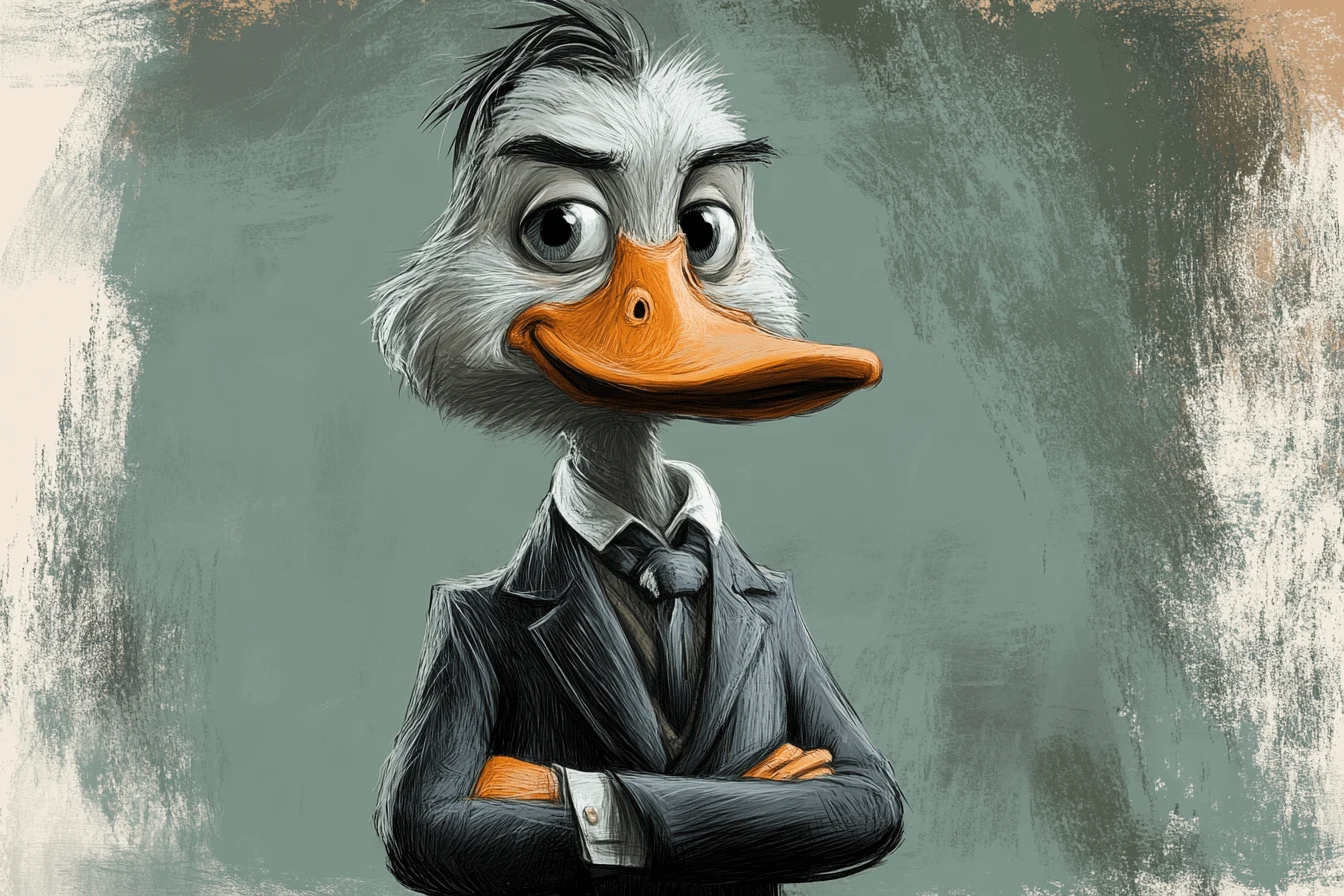Podcast Scripts & Editing | Macmillan Publishers
One of my favorite times in my professional life was when I served as the managing editor for Macmillan Publishers' Quick and Dirty Tips podcast network (QDT). During my time there, I managed content strategy and edited up to nine incredible, evidence-based podcasts from subject matter experts in:
Nutrition
Fitness
Psychology
Science
Personal Finance
Grammar
Parenting
History/Civics
Grammar Girl Podcast Scripts
Although most of my time there was spent on editing and strategy, as an independent, I've continued writing scripts for QDT's founder and OG podcast celeb, Grammar Girl Mignon Fogarty. (Mignon's been podcasting since before podcasting was cool, and she's been inducted into the Podcasting Hall of Fame.)

What's the opposite of deja vu? - episode 835
Imagine this: You’re walking down the street, making your way home after a night out with friends. One friend makes a comment, another responds, and you perk up your ears—you’ve heard this exact conversation before. In fact, even though you’re in a neighborhood that’s new to you, everything from the streetlights to the bustle of traffic to the animated chatter of your friends feels deeply familiar. It’s as though you’re looping back to a moment that’s already been logged in your memory, even though that can’t possibly be the case. You may have even paused and marveled at the creepy phenomenon: “Whoa! Deja vu.”
Most of us know what deja vu is, and it’s fairly common to experience it from time to time. But where does the term come from? What’s the opposite of deja vu? And are there any terms for similar phenomena that are less well-known?
What does ‘deja vu’ mean?
As you’ve probably figured out from the sound of the word, deja vu comes from French; it means “already seen.” And that’s appropriate! Deja vu describes the eerie sensation when something previously unknown to you—like a new neighborhood or a conversation that’s never happened before—suddenly feels like a memory of something you’ve already experienced.
Quack! What's a lame duck? - episode 1022

It's hard to miss a United States presidential election year. You're bombarded with political ads every time you turn on your TV. On social media, heated debates about who should run the country suddenly outnumber your best friend's cat pics. Campaign signs have sprouted like dandelions on lawns across your neighborhood.
Well, today we're going to have a little respite from all that. Instead of arguing about who deserves your vote, we're going to dig into the world of election terminology. When does a regular Joe or Jane turn into a "presumptive nominee"? At what magical moment does a candidate earn the title "president-elect"? And why on earth do we call outgoing presidents "lame ducks"? (Spoiler alert: it has nothing to do with their waddling abilities.)
Candidates and Their Titles
So, ever wonder how our beloved yellow snail Squiggly suddenly becomes "presumptive nominee Squiggly"? Well, setting aside that he's clearly not responsible enough to ever get that far, let's dig in.
Like this project
Posted Oct 21, 2024
I started writing Grammar Girl podcast script when I was the editor for Macmillan Publishers' largest digital channel, the Quick and dirty Tips Podcast Network.







